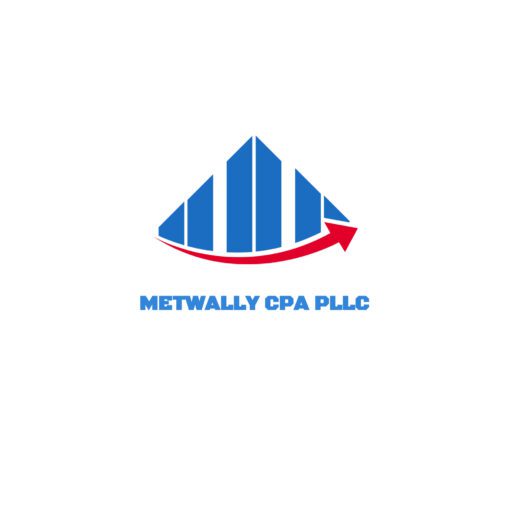As a business owner who wants to franchise his business/concept/system, you are required to have financial statements audit every year to be in compliance with FTC (Federal Trade Commission) rules and regulations and to be ablet to file your FDD (Federal Disclosure Document). Therefore, below are the most common questions about the franchisors’ financials statements audits that we get asked from new franchisors:
Q1: What are financial statements?
Financial statements are formal documents that provide a summary of a company’s financial activities and status. They include the balance sheet, income statement, cash flow statement, and statement of changes in equity.
Q2: What is a franchisor’s financial statement audit?
A franchisor’s financial statement audit is a comprehensive examination of the financial statements and records of a franchisor by an independent auditor. It ensures that the financial statements are accurate, reliable, and comply with relevant accounting standards and regulations.
Q3: Why is a financial statement audit important for franchisors?
A financial statement audit is essential for franchisors because it adds credibility and transparency to their financial reporting. It reassures shareholders, potential investors, lenders, and franchisees that the franchisor’s financial statements reflect the true financial position and performance of the business.
Q4: Who conducts a franchisor’s financial statement audit?
A franchisor’s financial statement audit is performed by an external, independent auditing firm. These firms have specialized knowledge and experience in auditing financial statements, ensuring objectivity and impartiality in their assessments.
Q5: What does a franchisor’s financial statement audit involve?
During a franchisor’s financial statement audit, the auditor examines the financial records, transactions, internal controls, and accounting policies of the franchisor. They assess the accuracy of financial statements, identify any material misstatements or irregularities, and provide an opinion on the fairness of the statements.
Q6: What is the timeline for a franchisor’s financial statement audit?
The timeline for a franchisor’s financial statement audit depends on various factors, such as the size and complexity of the business and the scope of the audit. Typically, it can take several weeks to a few months to complete, including planning, fieldwork, testing, and the issuance of the audit report.
Q7: What are the benefits of a franchisor’s financial statement audit?
A franchisor’s financial statement audit offers several benefits. It enhances the credibility and reliability of financial information, improves confidence among stakeholders, identifies weaknesses in internal controls, and helps to identify and prevent fraudulent activities. It also ensures compliance with accounting standards, regulatory requirements, and franchise agreements.
Q8: Can franchisees access the audited financial statements?
Franchisees sometimes have access to audited financial statements during the due diligence process or as part of their franchise agreement. However, it may vary depending on the franchisor’s policies and applicable laws. Franchisees can use audited financial statements to assess the franchisor’s financial health and stability before entering into a franchise agreement.
Q9: Are there any consequences of not conducting a financial statement audit?
While financial statement audits are not always legally required for franchisors, failing to conduct one could have negative consequences. It could undermine the credibility of the franchisor, lead to financial mismanagement, and erode trust among stakeholders, potentially resulting in legal or financial repercussions.
Q10: How often should a franchisor conduct a financial statement audit?
The frequency of financial statement audits for franchisors may vary based on factors such as regulatory requirements, industry practices, and the size and complexity of the business. Generally, auditors recommend conducting an audit annually to ensure accurate and up-to-date financial reporting. It’s also required that the franchisors’ get the financial statements audited once a year.



